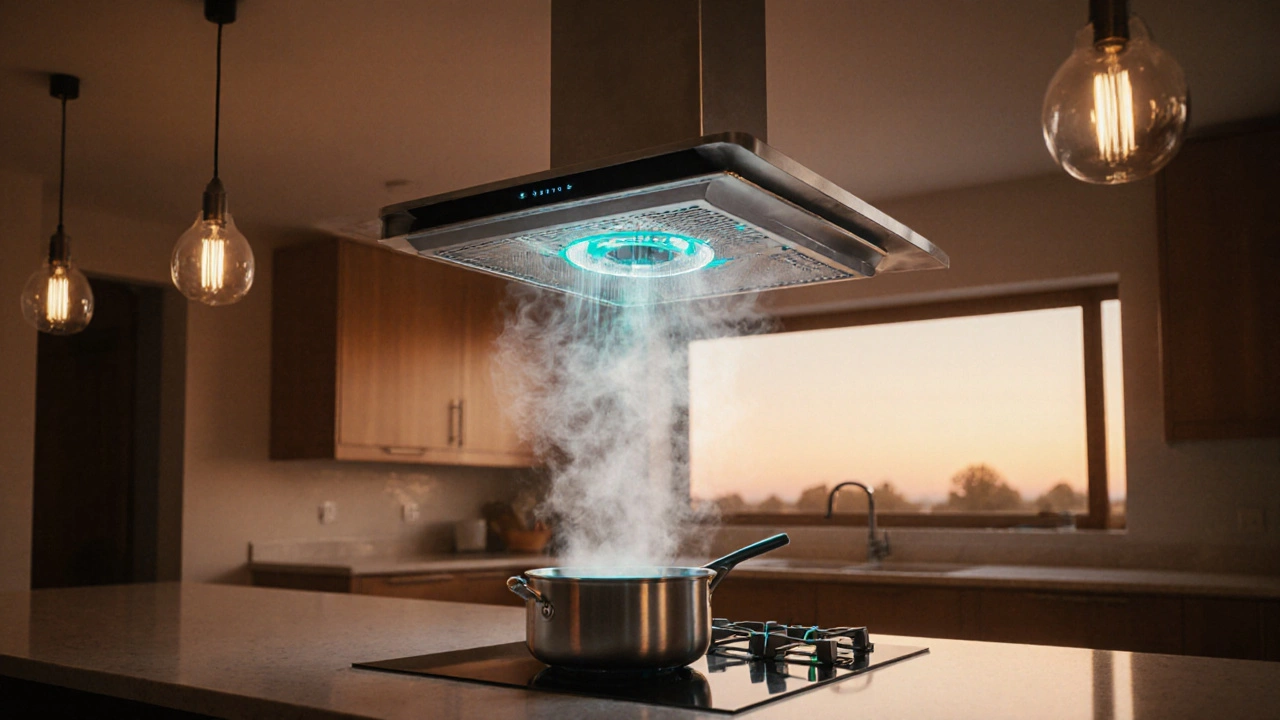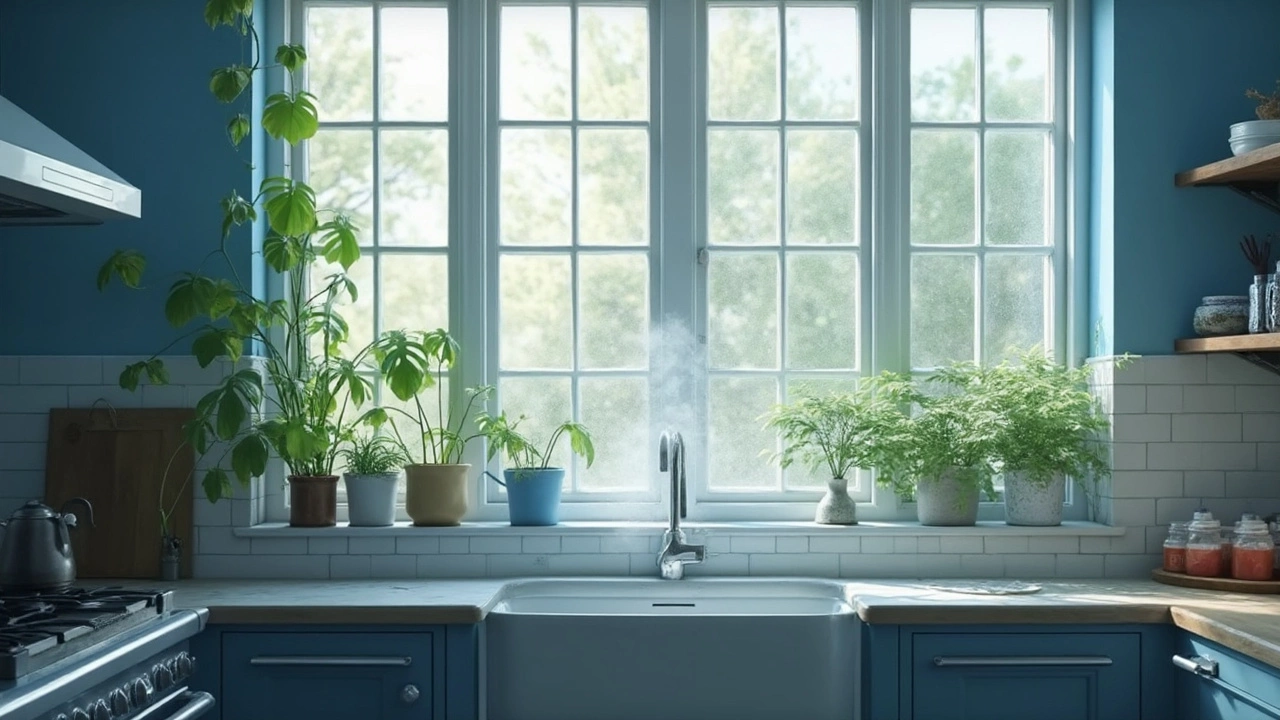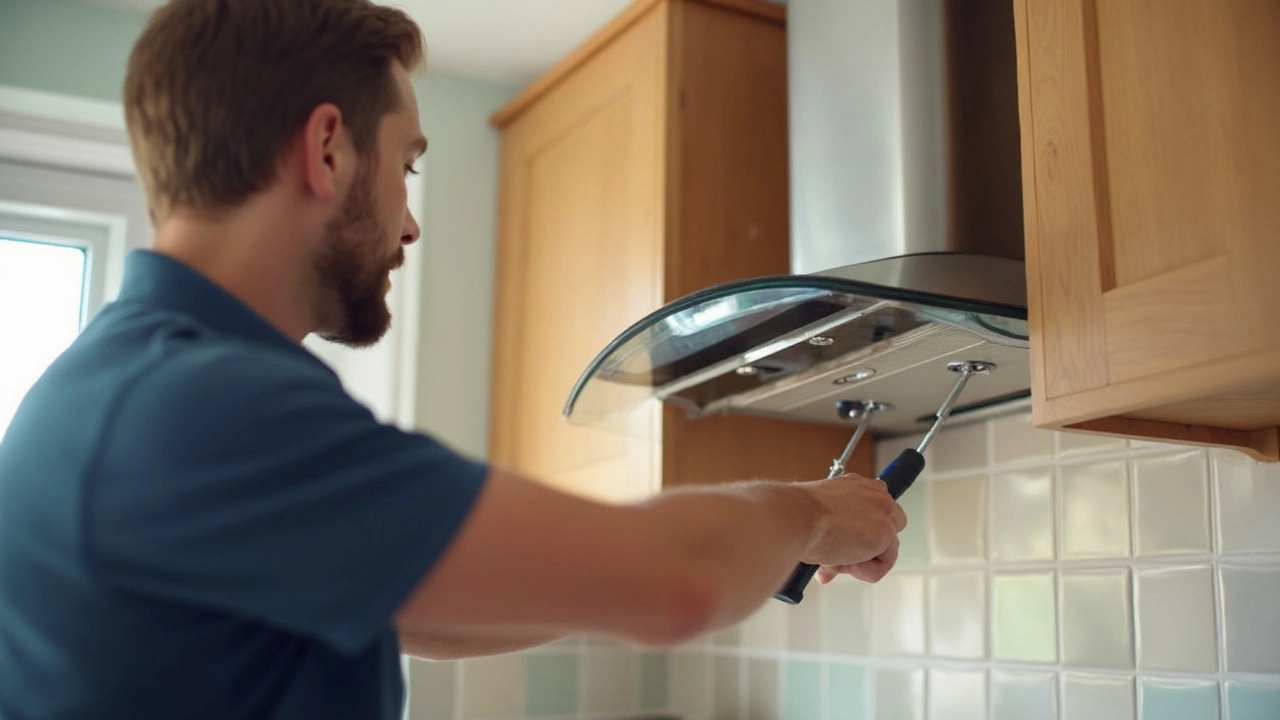
Learn how long extractor fans typically last, what affects their durability, maintenance tips to extend life, warning signs of failure, and guidance on choosing a replacement.
Good ventilation is more than just a breeze. It stops mold, reduces odors, and makes every room feel healthier. If you’ve ever dealt with a foggy bathroom mirror or a sticky kitchen, you already know why proper airflow matters.
Every home produces moisture – from showers, cooking, even breathing. When that moisture stays trapped, it creates the perfect environment for mould and mildew. These growths can damage walls, ruin paint, and even affect your lungs.
Extractor fans are the workhorse of home ventilation. They pull humid air out of bathrooms and kitchens, pushing it outside where it can disperse. A well‑placed fan also improves indoor air quality by removing cooking fumes, chemicals, and dust.
If you skip regular cleaning, the fan motor can get clogged with grease and dust. That’s why extractor fan motor cleaning is a quick win: a clean motor runs smoother, uses less electricity, and lasts longer.
1. Check your fan’s suction. Turn it on and feel the airflow with your hand. If it feels weak, the filter or motor may need cleaning. A simple step‑by‑step guide can have you removing the cover, vacuuming the blades, and wiping the motor with a damp cloth. No need for a pro unless the motor makes grinding noises.
2. Make sure the fan is the right size. An undersized fan won’t move enough air, while an oversized one can be noisy. Most manufacturers list the required CFM (cubic feet per minute) based on room size – aim for a fan that matches that rating.
3. Use natural ventilation when you can. Open windows after a shower or while cooking. Cross‑ventilation (opening a window on opposite sides of the house) helps replace stale air quickly.
4. Seal gaps around the fan. If you notice drafts around the fan housing, apply a little silicone sealant. This stops cold air from sneaking in and makes the fan more efficient.
5. Keep the fan running a few minutes after use. Even after the water’s gone, the moisture in the room can linger. A short extra run clears out the remaining humidity.
When a fan suddenly stops working, don’t panic. Most fan failures are simple: a loose plug, a tripped circuit breaker, or a clogged motor. Disconnect power, inspect the wiring, and clean any debris. If the motor hums but the blades don’t spin, the bearings may need lubrication or replacement – a quick DIY fix for those comfortable with basic tools.
For kitchens, consider a range hood with a built‑in fan. It captures grease and steam right at the source. Clean the hood filter every month to keep airflow strong.
Finally, remember that good ventilation isn’t just about fans. Houseplants, air purifiers, and regular HVAC filter changes all play a part in keeping the air you breathe clean.
Take a few minutes each month to check, clean, and test your fans. You’ll notice fewer musty smells, clearer windows, and a healthier home for everyone.

Learn how long extractor fans typically last, what affects their durability, maintenance tips to extend life, warning signs of failure, and guidance on choosing a replacement.

Ever wondered if you can skip having an extractor fan in your kitchen or bathroom? This article breaks down what happens when you're fan-free, the real risks involved, and what your legal requirements are. You'll get practical tips on keeping moisture and smells under control, even if you've decided against a fan. Plus, find out when going without an extractor fan turns into a problem you can't ignore. If you're fixing or replacing a busted fan, check this out before making any decisions.

Extractor fans play a crucial role in maintaining fresh and clean air in your home, especially in rooms like kitchens and bathrooms. This article explores who exactly is involved in installing and repairing these essential appliances. From understanding the role of professionals like electricians and HVAC specialists to offering practical tips for choosing and maintaining your extractor fan, learn how to keep your home's air quality optimal.